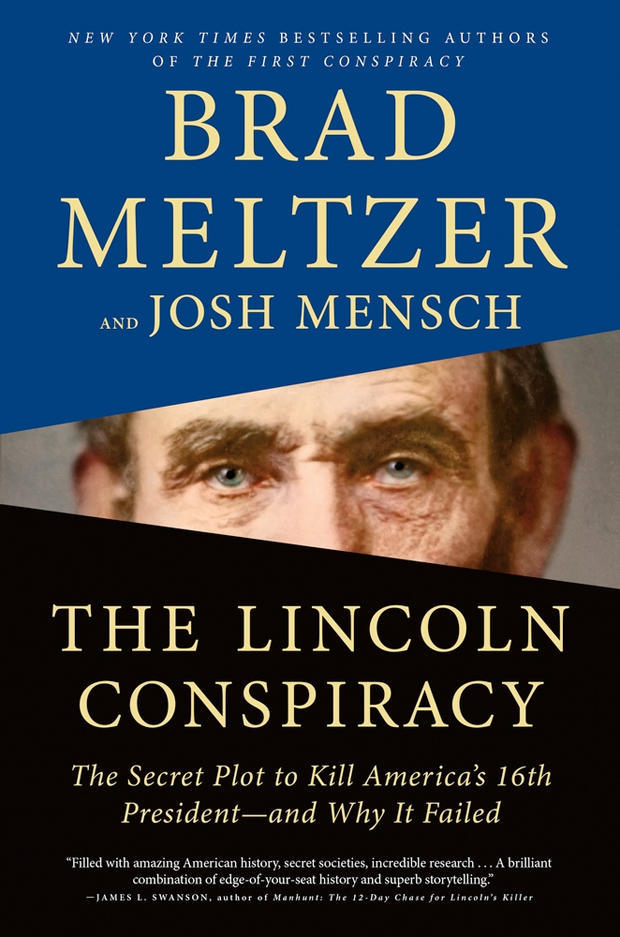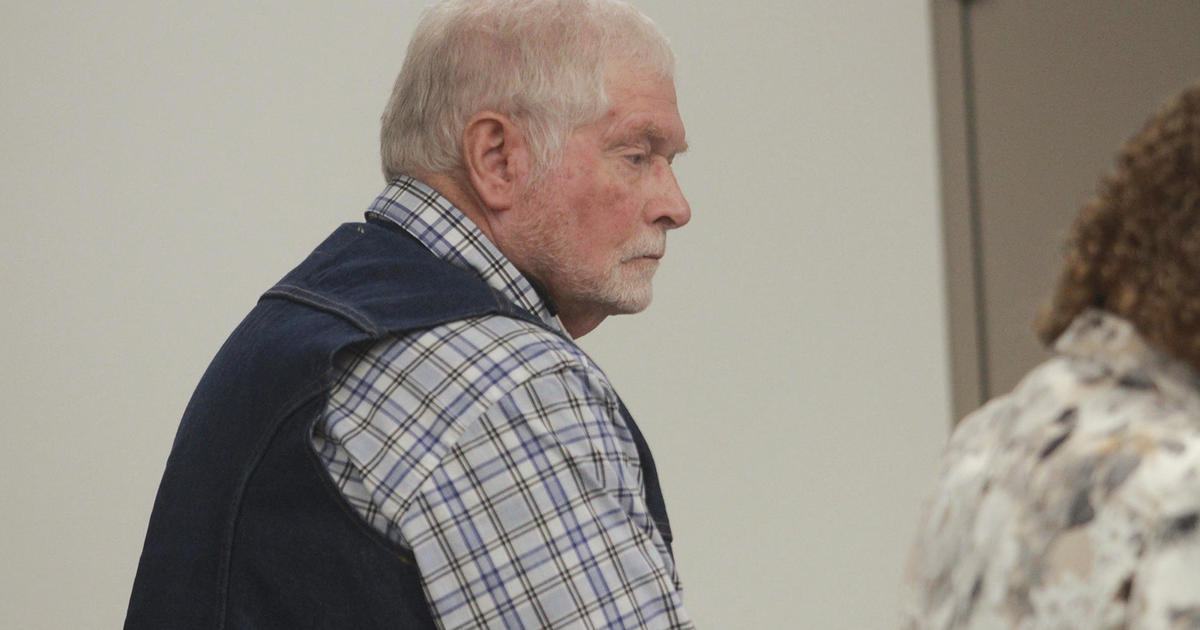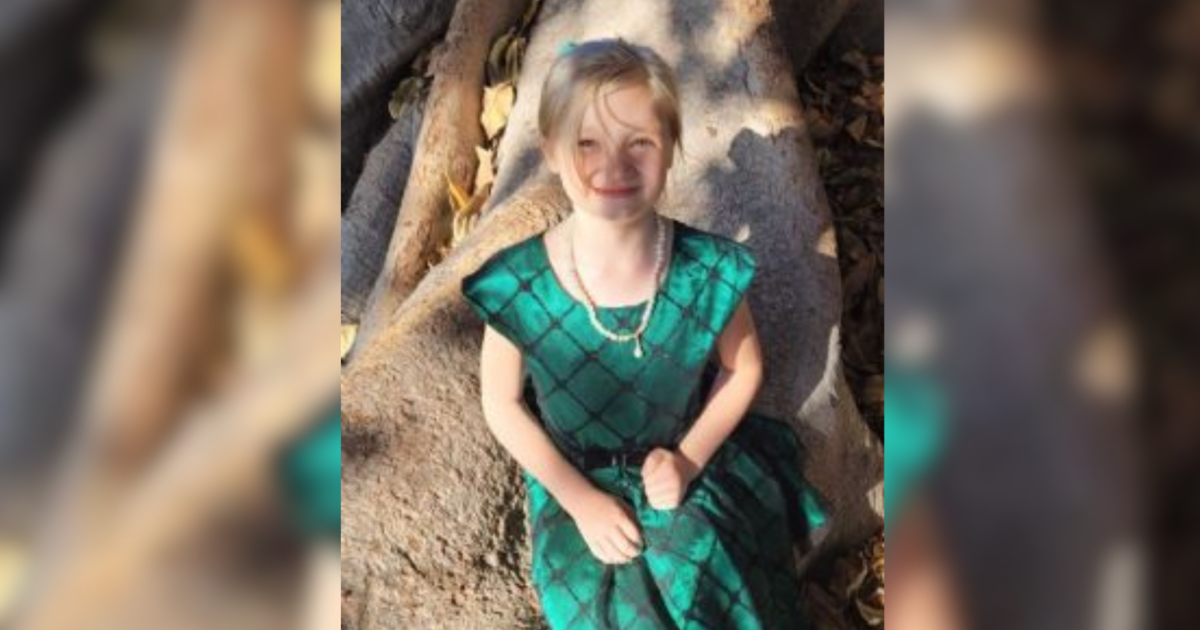Book excerpt: "The Lincoln Conspiracy"
Brad Meltzer and Josh Mensch, who wrote of a plot against George Washington in their bestselling "The First Conspiracy," now turn to a failed attempt to murder Abraham Lincoln before the 16th president could even be sworn into office, in "The Lincoln Conspiracy" (Flatiron Books).
Read an excerpt below:
Spencer County, Indiana
January 20, 1828
Young Abraham Lincoln is freezing.
In an isolated rural region near Little Pigeon Creek in Spencer County, Indiana, he's outside, laboring in the cold.
Although only eighteen years old, he's already over six foot two—and despite this unusual height, he weighs only about 160 pounds, stretched thin and wiry on a tall frame. His long arms are skinny but strong; his calloused hands wield tools with assurance, including a long swinging ax. On this winter day, he probably wears a rough buckskin coat over his threadbare clothes, and a hat of raccoon fur over his coarse black hair. The trees surrounding this clearing are mostly without leaves, and the ground is hard from frost.
Today, he works near a smokehouse—a small, windowless wooden structure, typically about eight square feet, with a conical roof and fire pit inside. Given the season, he's probably chopping wood from nearby trees and pulling the logs inside to tend the fire. Perhaps he's also hauling salt-cured slabs of meat into the smokehouse, hanging them on hooks or rafters inside, where dry heat from the fire will preserve them during the winter months.
As he works, a small group approaches, bearing solemn expressions. When they near the smokehouse, one of them calls out his name.
"Abe."
Young Abe opens the smokehouse door to see the group. This morning, Abe's sister, Sarah, two years older than he, has been in labor with her first child. The group approaching are members of her husband's family. Perhaps they're here to bring him good news about her labor—was his first niece or nephew just born?
Instead, the group brings something far more somber. The labor went awry. The nearest doctor was many miles away, not arriving in time to help. The baby was stillborn.
Not only that. The young mother—Abe's sister—is dead.
Nine years earlier, when Abe was nine, his mother had died suddenly after contracting a disease. Since then, Sarah, his only sibling, helped raise him.
Not long after the death of Abe and Sarah's mother, their father traveled alone from their home in Indiana to his original home state of Kentucky to find a new wife. To make this trip, he left Abe and his sister—then roughly ten and twelve—alone in their isolated frontier cabin for many weeks to feed, clothe, and otherwise fend for themselves. When their father finally returned with a woman by his side, the new wife was alarmed to see two lice-filled and nearly starving children who were "wild—ragged & dirty." It was only after she bathed and cleaned them that they "looked more human."
The hardships that Abraham and his sister endured together created a deep bond between them. A relative would later recall that Abe "dearly loved his sister, she having been his only companion after the death of his mother." Together, as brother and sister, they had navigated an often brutal childhood living in near poverty. "They were close companions and were a great deal alike," a family friend described, and Sarah was a "kind, tender, and good natured" young woman.
Now, she is gone too. For the second time in his life, he has lost the person he loves most.
His brother-in-law, one of those in the group who delivered the news, remembered the moment: Abraham "sat down on a log and hid his face in his hands while the tears rolled down through his long bony fingers." Another relative described the loss as a "great grief, which affected Abe throughout his life," and also added, "from then on he was alone in the world you might say."
The relatives who just shared the news don't know how to respond to the young man sobbing before them. After a moment, "those present turned away in pity and left him to his grief."
Few who witnessed the mournful scene that day would likely imagine that this tall, gawky, grief-stricken country boy, wearing tattered clothes and laboring outside in an obscure corner of the Indiana frontier near Kentucky, would ever rise above his humble station in life. Certainly, none could envision that this young man possessed qualities of mind and spirit that would one day lift him to the most exalted positions of leadership and responsibility in the land—and that would link his personal destiny to the fate of the nation.
Yet however exceptional Lincoln's rise will be, and whatever joys and triumphs he'll experience, he'll never be free from the pattern of tragedy and grief that shaped his boyhood. Indeed, his adult life will be characterized by shocks of violence and suffering even greater than those of his youth—including the loss of his own children. It's as if he's haunted by tragedy upon tragedy, from which he'll never truly escape.
For Abraham Lincoln, the specter of death is always near.
From "The Lincoln Conspiracy" by Brad Meltzer and Josh Mensch. Copyright © 2020 by the author and reprinted by permission of Flatiron Books.
For more info:
- "The Lincoln Conspiracy: The Secret Plot to Kill America's 16th President - and Why It Failed" by Brad Meltzer and Josh Mensch (Flatiron Books), available in Hardcover, eBook and Audio formats, available via Amazon





